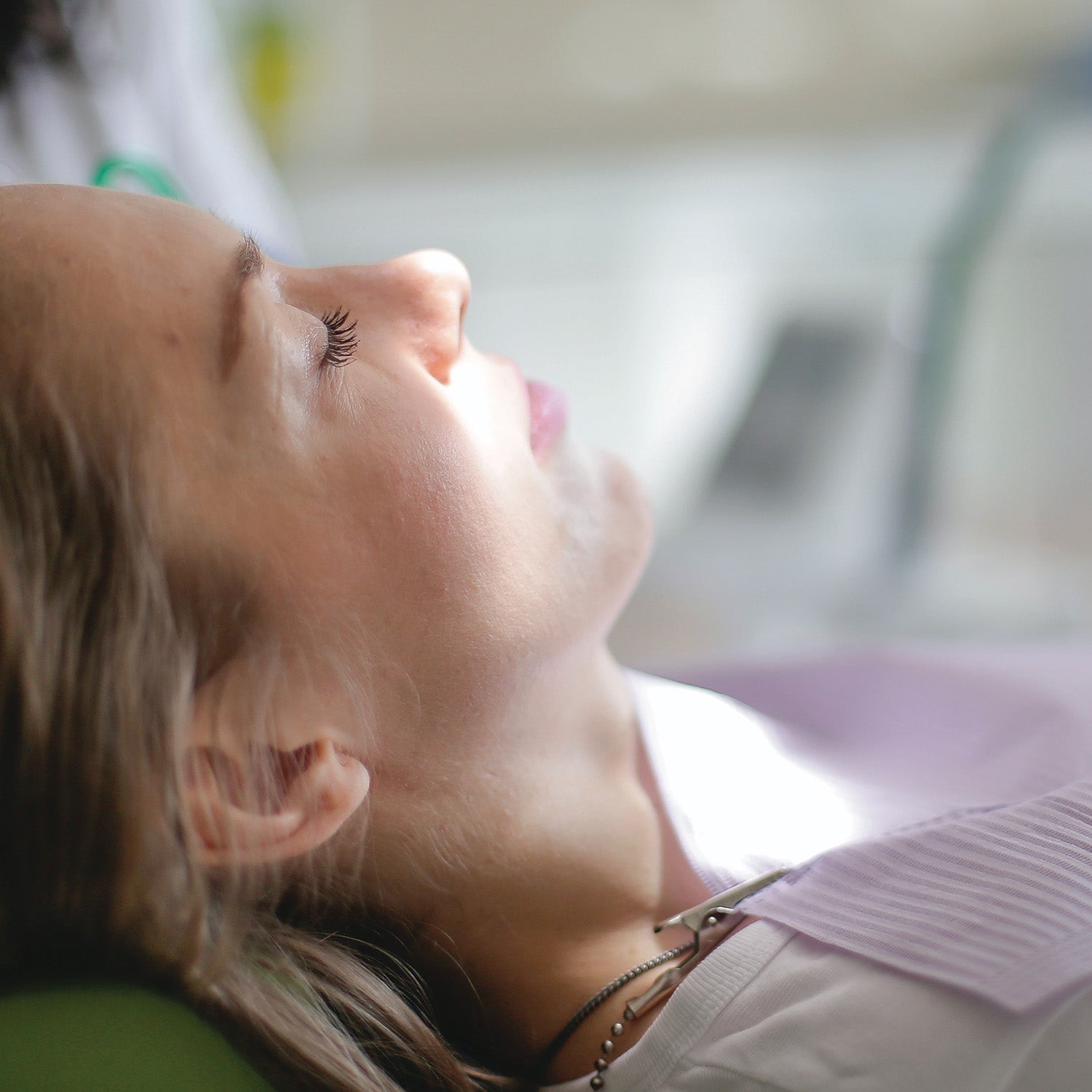What does holistic oral care mean ?
The term ‘holistic’ was first coined back in the 1920s – from the Greek word holos, meaning “whole.” Today we use it to describe the basic interconnectedness of everything. In medicine and healthcare we use it to mean “the treatment of the whole person, taking into account mental and social factors, rather than just the symptoms of a disease.”
With so many proven links between oral health and overall health why then do we treat the mouth as an independent organ to look after?
Quite often the perception is that medical professionals and dentists, don't condone an holistic approach. These days however, more often than not, dentists will recommend a more holistic approach to oral care. Our oral health is intrinsically linked to our overall health. Starting thinking of the mouth like the gateway to the rest of the body. Just like the barrier that exists between blood and brain that protects the brain from toxins in the blood, there is also a barrier between the gums and teeth and the rest of the body. This barrier can break down every time there is inflammation or infection in the mouth, causing a trickle-down of disease to other parts of the body.
There is a long list of conditions that can be exacerbated by gum disease or inflammation in the mouth such as heart disease, IBS, Osteoporosis and diabetes. Researchers in 2019 found that the bacteria P. gingivalis, a key bacteria in gum disease, was found in brain samples of deceased Alzheimer’s patients—and that inflammation, swelling and bleeding in gums can allow bacteria from the mouth into the bloodstream. Other studies show that advanced gum disease also increases the risk of cancer by 24%, quadruples the rate of kidney disease; and increases the risk of strokes.
So how does poor oral health lead to further complications?
Your teeth are surrounded by tightly fitting gum tissue that in a healthy mouth prevents bacteria entering the bloodstream via the mouth. A mouth with any signs of gum disease or inflammation can break down this seal leaving the bloodstream open to foreign bacteria entering and causing further health problems.
What is the holistic answer?
In the case of gum disease (gingivitis) a traditional dentist may recommend a common medicated mouthwash called chlorhexidine, which is scientifically proven to reduce gingivitis - but may invoke staining of the teeth and tartar build up. A holistic dentist would treat this very differently taking into account how your diet, exercise and general wellbeing is affecting your teeth. They may recommend a salt-water rinse (which a 2017 study found basically as effective as chlorhexidine in reducing dental plaque) or a complete shift towards a diet of foods rich in vitamins and nutrients that focus on remineralising the teeth (check out a list here!)
Natural Mineral Toothpowders and Ayurdevic Oil Pulling are all part of Holistic oral care.
We often view oral care as ‘external’ care but we should be viewing it from the inside out. Much like how our skin and pores react to what we take into our body, so does our mouth. A healthy body is a healthy mouth and vice versa, a healthy mouth is a healthy body.


